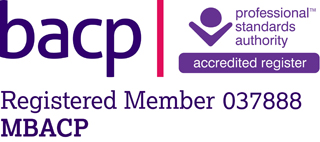CBT with Older Children and Teenagers
How does it work?
I work extensively with older children and young people around issues such as social anxiety, separation anxiety, low self-esteem, clinical perfectionism, obsessive compulsive disorder and trauma, as well as depression and panic attacks, which are hindering their learning and progress in school and their social development.
CBT helps young people to make sense of problems by breaking them down into smaller parts to see the connections between them. CBT looks at how we think about a situation and how this affects the way we behave. In turn our actions can affect how we think and feel creating a vicious cycle that works to maintain our psychological distress.
Click on the links below to find about more about how situations may present...
{slider title="For Anxiety" alias="anxiety-teenagers-cbt" class="icon"}
For Anxiety
For young people experiencing anxiety the connected parts might look like this:
Situation: Speaking in front of class

{slider title="For Depression" alias="depression-teenagers-cbt" class="icon"}
For depression
Situation: Friend doesn't reply to text

{slider title="What does CBT involve for Older Children and Teenagers?" open="false" alias="cbt-older-childen-teenagers" class="icon"}
WHAT DOES CBT INVOLVE FOR OLDER CHILDREN AND TEENAGERS?
- The therapist and young person collaboratively setting goals for treatment and meeting weekly for a time-limited period.
- The therapist providing psycho-education on CBT: how we think impacts what we do and how we feel creating a vicious cycle that maintains our distress.
- The young person learning how to be their own therapist: to ‘catch and challenge’ unhelpful ways of thinking and by carrying out behavioural experiments to challenge and then alter unhelpful ways of acting.
- Developing the problem solving skills of the young person to foster independence.
- Encouraging the young person to practice and develop skills in between sessions.
- At times involving parents as co-therapists or contributors.
{/sliders}
What do young people say about CBT?
“CBT has helped me feel more confident about myself so I join in more in lessons.”
“I know that to manage my low mood I need to keep doing the activities I used to that made me happy. I can’t wait to be motivated I just need to keep active.”
“Now I know that just because I think something doesn’t mean it’s true.”
“I have less panic attacks now because I know that the physical feelings of anxiety are normal even if not very nice!”
 Counselling and Psychotherapy in Chelmsford
Counselling and Psychotherapy in Chelmsford
